
LAPIEDRA LAB
BEHAVIOUR AND EVOLUTION
OUR RESEARCH
Advancing our understanding of evolution
in a human-shaped world
We are a team of evolutionary biologist, geneticists, and behavioural ecologist working
across disciplines to uncover the mechanisms driving adaptation and evolution
Explore our reserach lines
BIOLOGICAL INVASIONS
A world where invasion fuels evolution
Biological invasions offer a rare window into evolution in real time. On Ibiza, the arrival of the invasive Horseshoe whip snake (Hemorrhois hippocrepis) has devastated populations of the endemic Ibiza wall lizard (Podarcis pityusensis). We study this predator–prey arms race to reveal how behaviour, morphology, and genes change under extreme selection, and how invasions reshape biodiversity in a rapidly changing world.
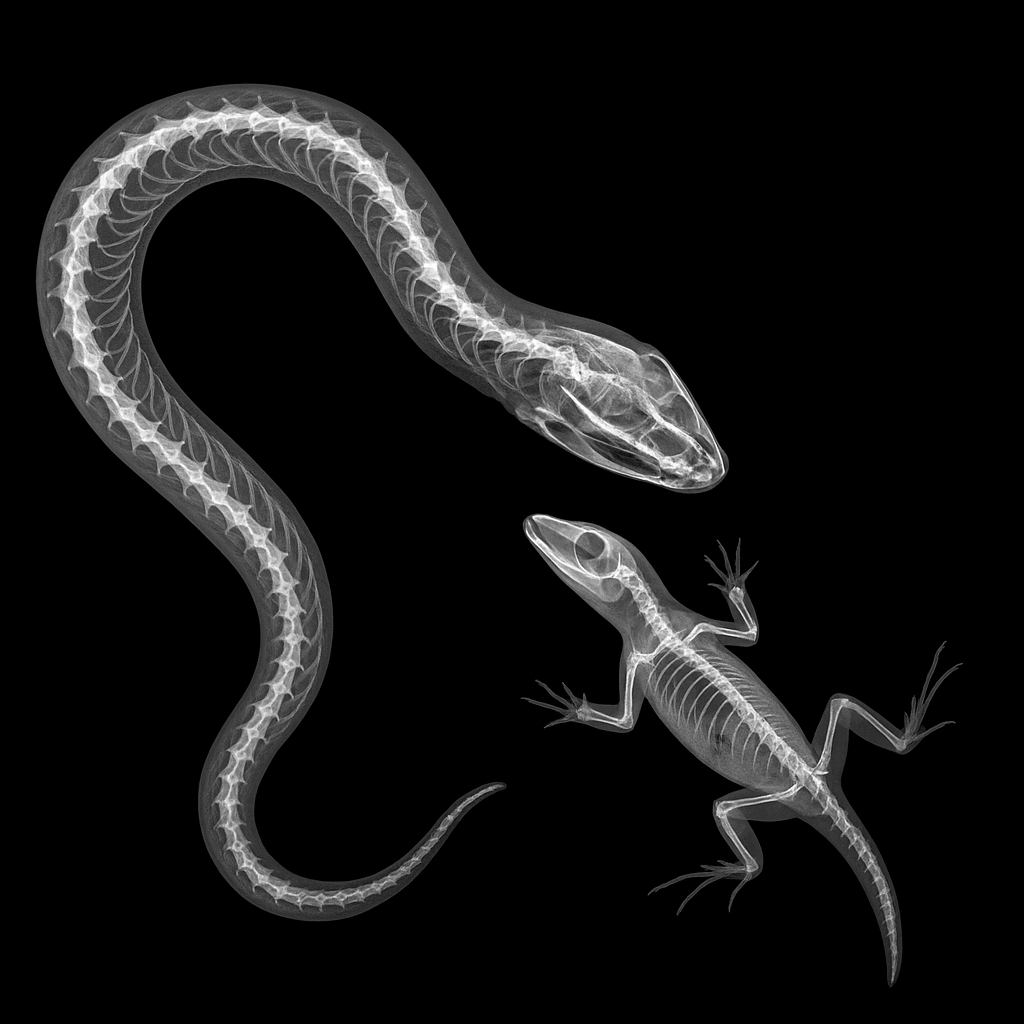
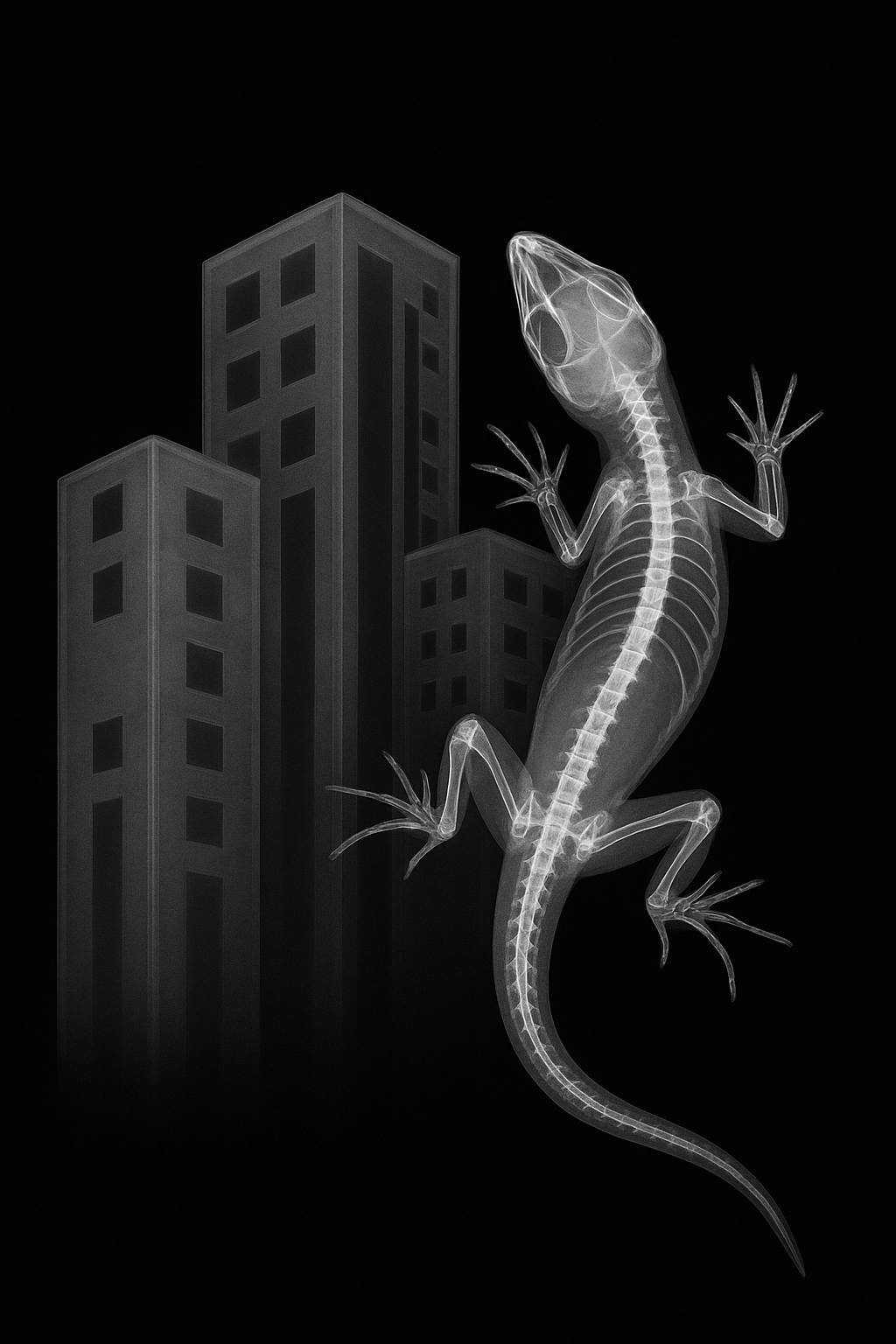
URBANIZATION
Exploring how cities shape adaptation and survival
Urbanization transforms habitats and challenges wildlife to adapt to new selective pressures. On Ibiza, urban areas have become unexpected refuges for the endemic Ibiza wall lizard (Podarcis pityusensis), protecting them from invasive snakes that threaten their survival. We study how cities can act both as barriers and sanctuaries, revealing the complex role of urbanization in shaping adaptation and biodiversity.
ADAPTIVE DYNAMICS
Experimental evolution in the wild
Small islands in the Bahamas offer a natural laboratory to study evolution in action. By introducing predators to previously safe habitats, we explore how behavioural shifts in the brown anole (Anolis sagrei) trigger rapid adaptation. Our experiments reveal how fear, habitat use, and physiology intertwine — showing how selection on behavior can reshape evolution from one generation to the next.
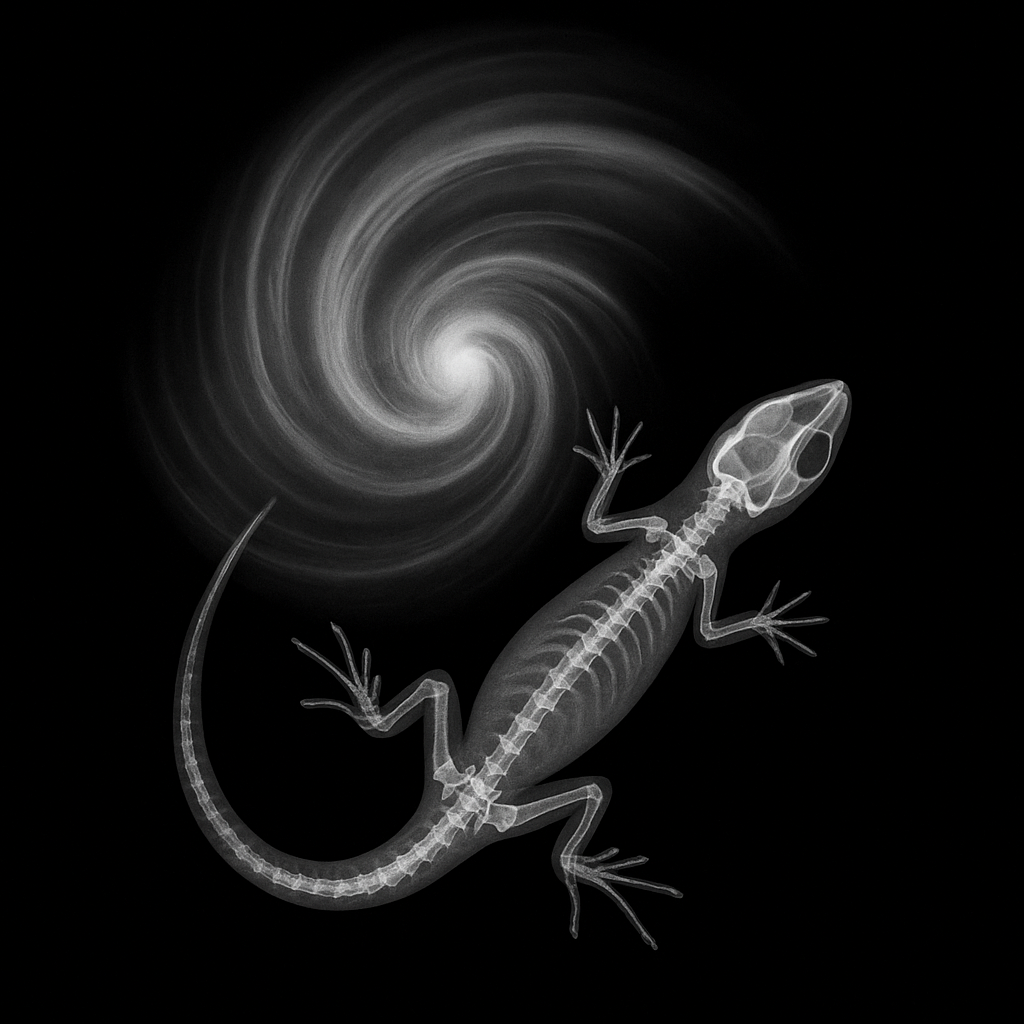
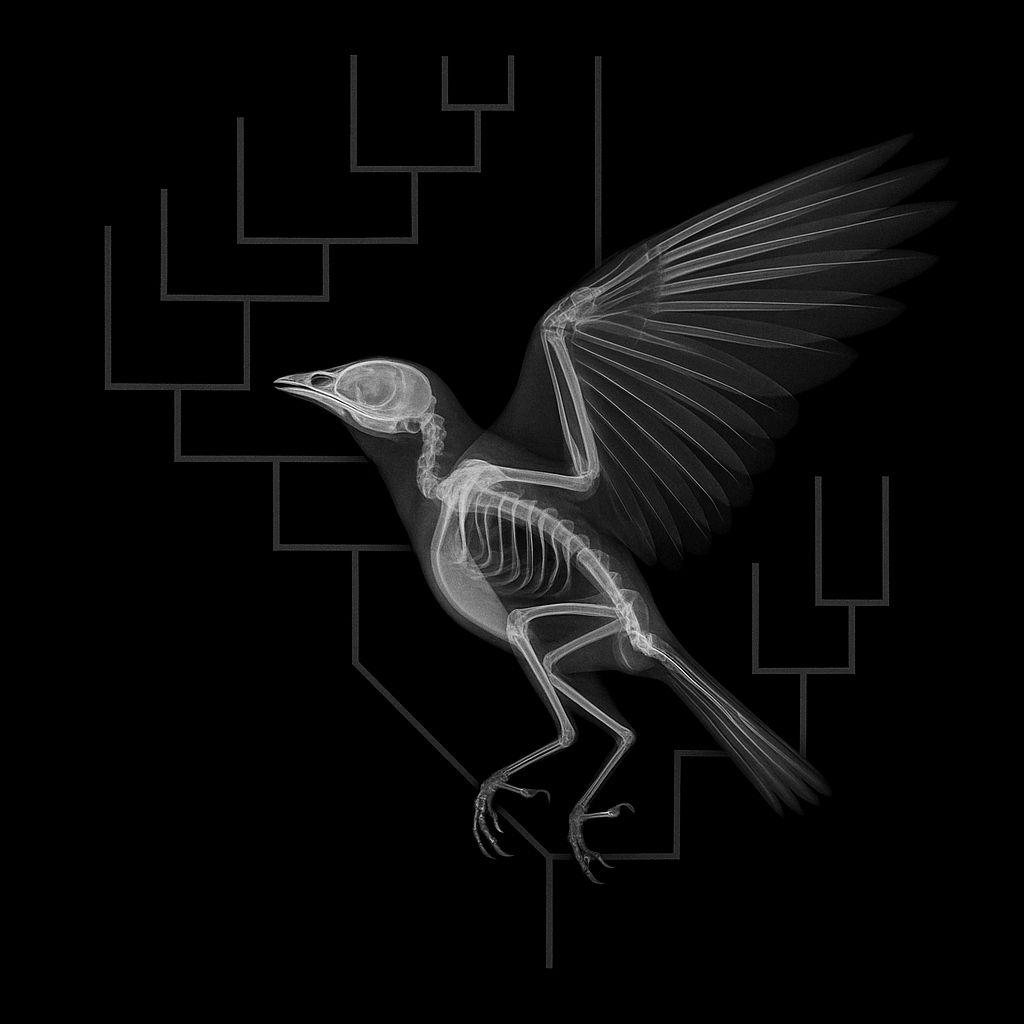
COMPARATIVE PHYLOGENETICS
Reading evolution’s history through extinction
Human activity has reshaped the tree of life, driving some lineages to extinction while others persist. Using comparative phylogenetic approaches, we study how species traits, ecology, and evolutionary history influence vulnerability to environmental change. Our work reveals broad patterns of adaptation and loss, highlighting why island species — often unique and evolutionarily isolated — are among the most fragile in the Anthropocene.
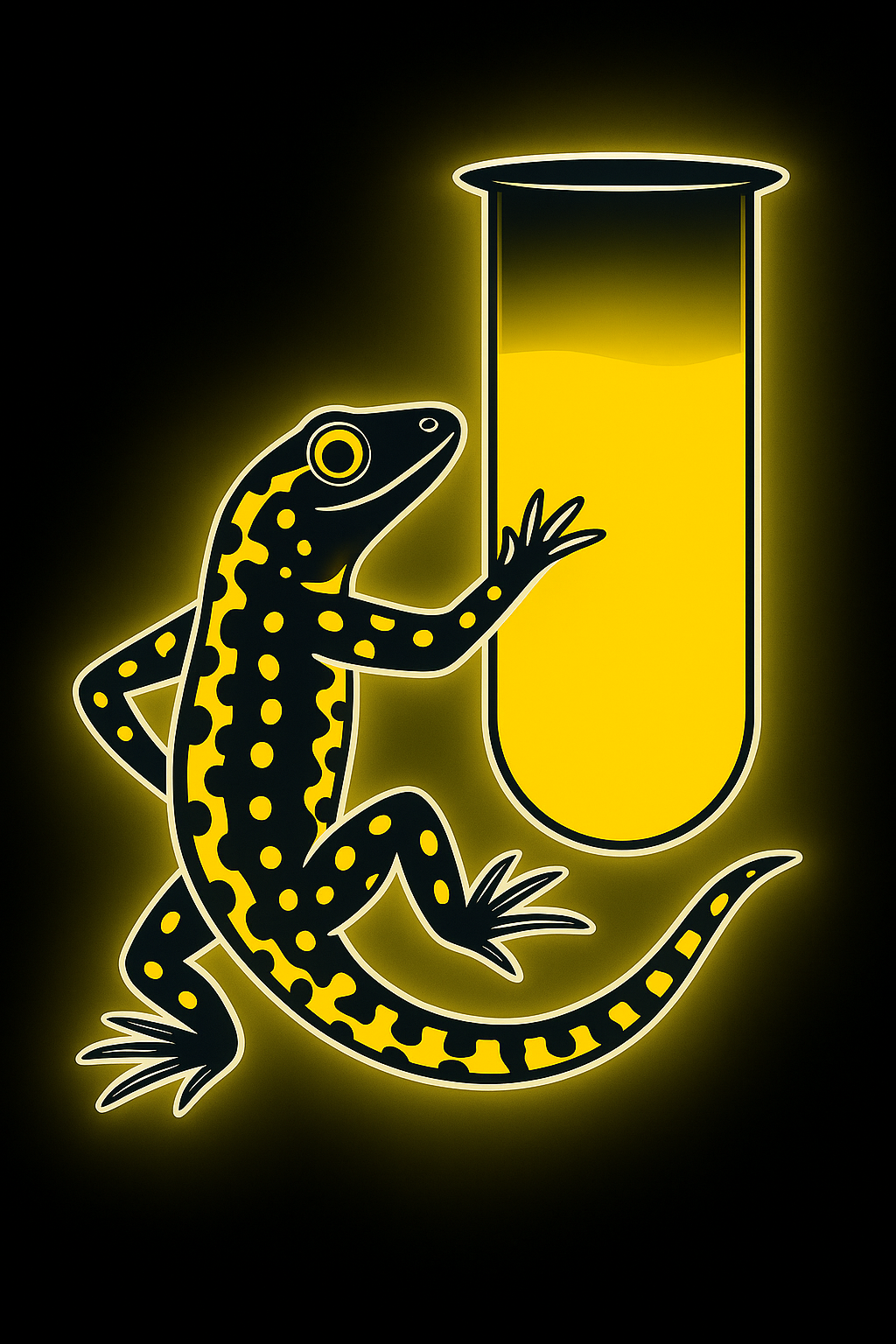
Meet the team behind the research
Our research aims to deepen our understanding of how animals adapt and persist in a rapidly changing world, revealing the mechanisms that shape biodiversity and resilience.
STAY CONNECTED
MAILING ADDRESS
AFFILATIONS
o.lapiedra@creaf.uab.cat
Lapiedra Lab, CREAF
C Faculty of Sciences and Biosciences Building
08193 Bellaterra, Barcelona
Spain
Ramon y Cajal Researcher in the Department of Global Ecology at CREAF

